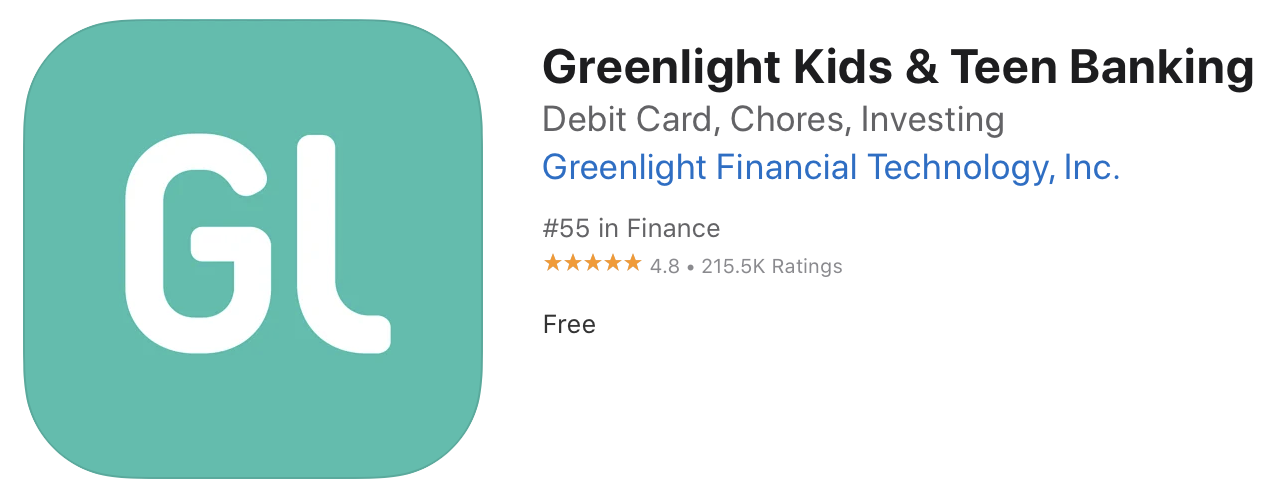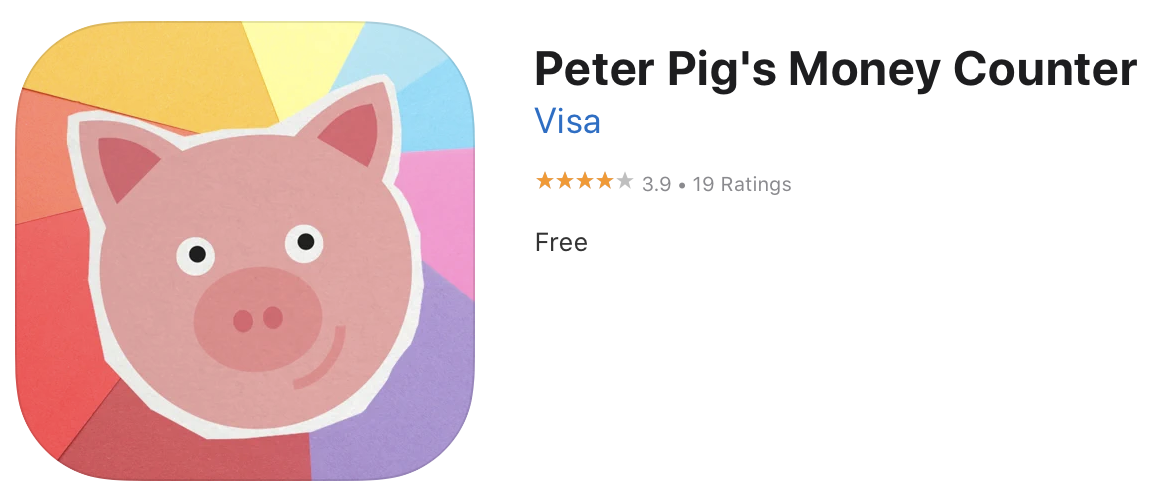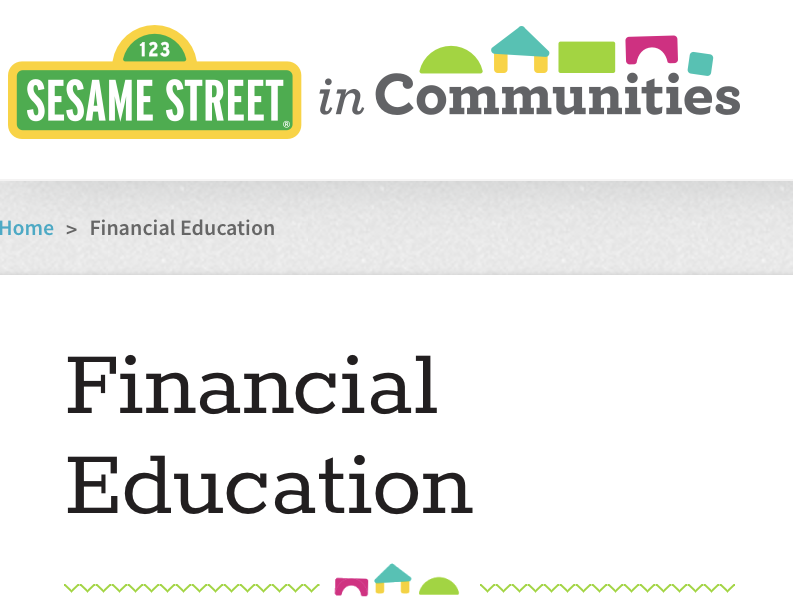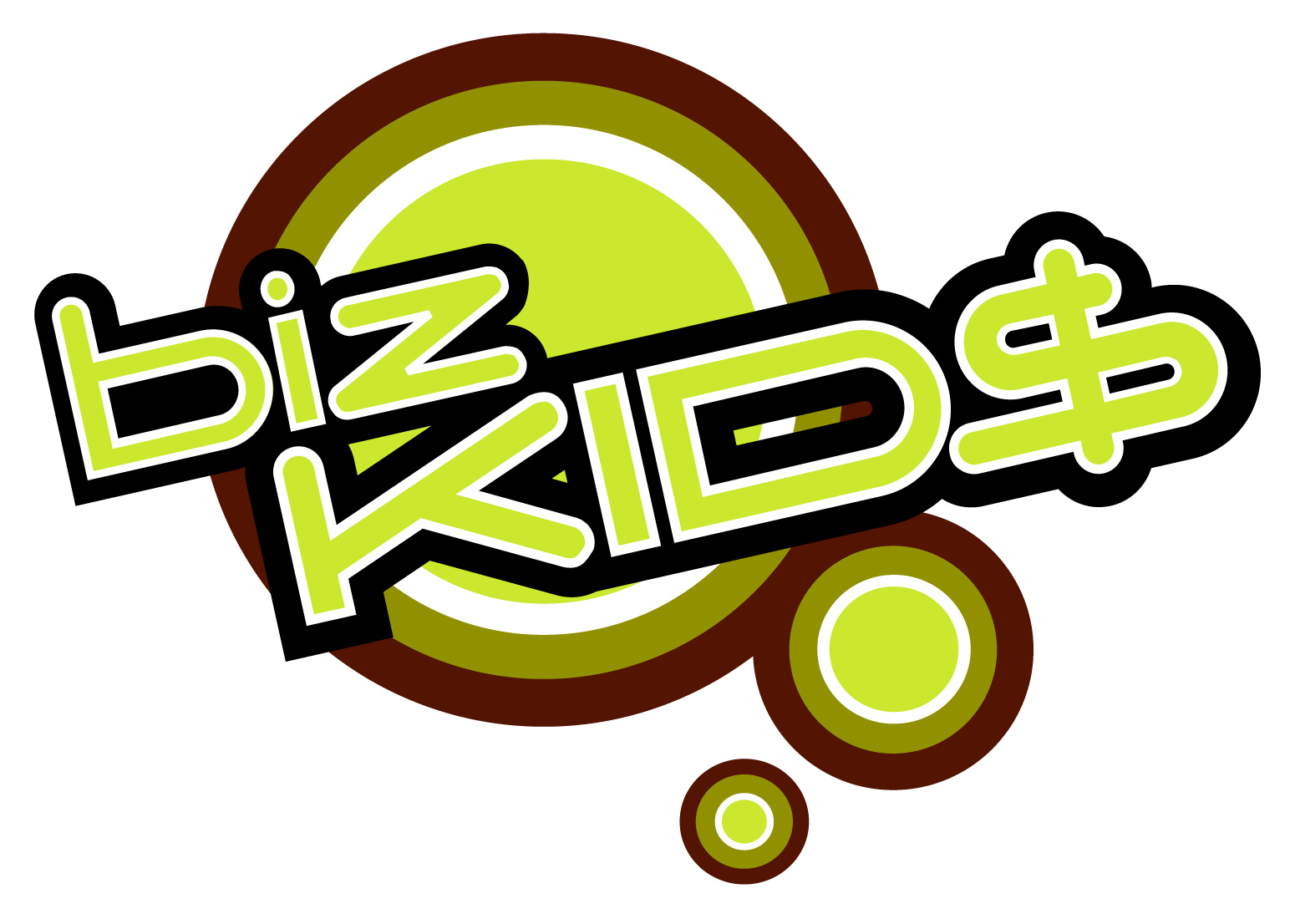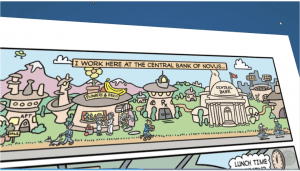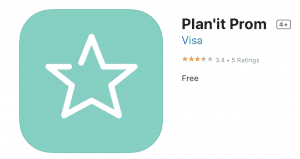 Ah, money. Everyone’s favorite part of parenting. You know, that part where you need to teach your children to become financially responsible adults.
Ah, money. Everyone’s favorite part of parenting. You know, that part where you need to teach your children to become financially responsible adults.
For better and worse, there are plenty of tools out there to help. The only downside is that there are SO many different tools, and it’s impossible to sort through all of them. Fortunately, after some crowdsourcing, I found some that I really, genuinely like. Maybe you’ll like some of them too!
Greenlight
Greenlight is a prepaid debit card for kids that is controlled by an adult. It’s an app that helps parents facilitate banking services — it’s not a bank. You add money to their card by setting up allowances or doing one-time transfers, and you can control when and where they spend it — even which stores they’re allowed to spend it in! There’s even an investing program for your kids to safely buy and sell stocks, get cash back on purchases, and earn interest for their savings. This is appropriate for kids of all ages and is especially convenient for moms who are sick of carrying around their children’s petty cash.
Peter Pig’s Money Counter
For the younger crowd in K-3, we love Peter Pig’s Money Counter. It’s a free app by Visa that helps kids learn how to identify coins and bills, know their value, add them together, and give change. There are three interactive games that have easy, medium, and hard settings.
Sesame Street
Sesame Street is always my go-to for my daughter in preschool. They have so much amazing information out there for free. Sesame Street in Communities features videos, activities, and parent/teacher guides about money.
BizKid$
The producers of Bill Nye the Science Guy have always been there for us, and now they’ve created a whole brand based on their original Emmy Award-winning PBS “Biz Kid” television program (which you can still watch.) At this point, there is an accompanying book, online financial literacy course for teens, and guides to help kids write business plans, make a sales pitch, and use effective marketing strategies. There is a series of short videos that feature real profiles of young entrepreneurs, plenty of games, and separate sections for teachers and parents.
Comic Books from the Federal Reserve Bank of New York
The best part about these comic books is that they are FREE! You simply fill out the online form, and the Federal Reserve Bank of New York will send you awesome comic books for kids that talk about money, the economy, trade, interest, monetary policy, and the federal reserve system. They’re available in Spanish and English, and you can get physical or digital copies.
Financial Football
Financial Football is an excellent app created by Visa and the NFL. It is for students in middle school and above, with different levels that correspond to age. Each module teaches about saving, spending, and budgeting in a teenager-friendly way. This game comes highly recommended by parents of older children.
Plan’it Prom
Plan’it Prom definitely serves a dual purpose — it keeps the prom spending in check while also teaching important budgeting skills. It’s set up kind of like a wedding budget app, but obviously on a smaller scale. Either way, at least it provides a record of prom spending.
If you’re looking for money tips and information on financial planning for adults, check out THIS article!



